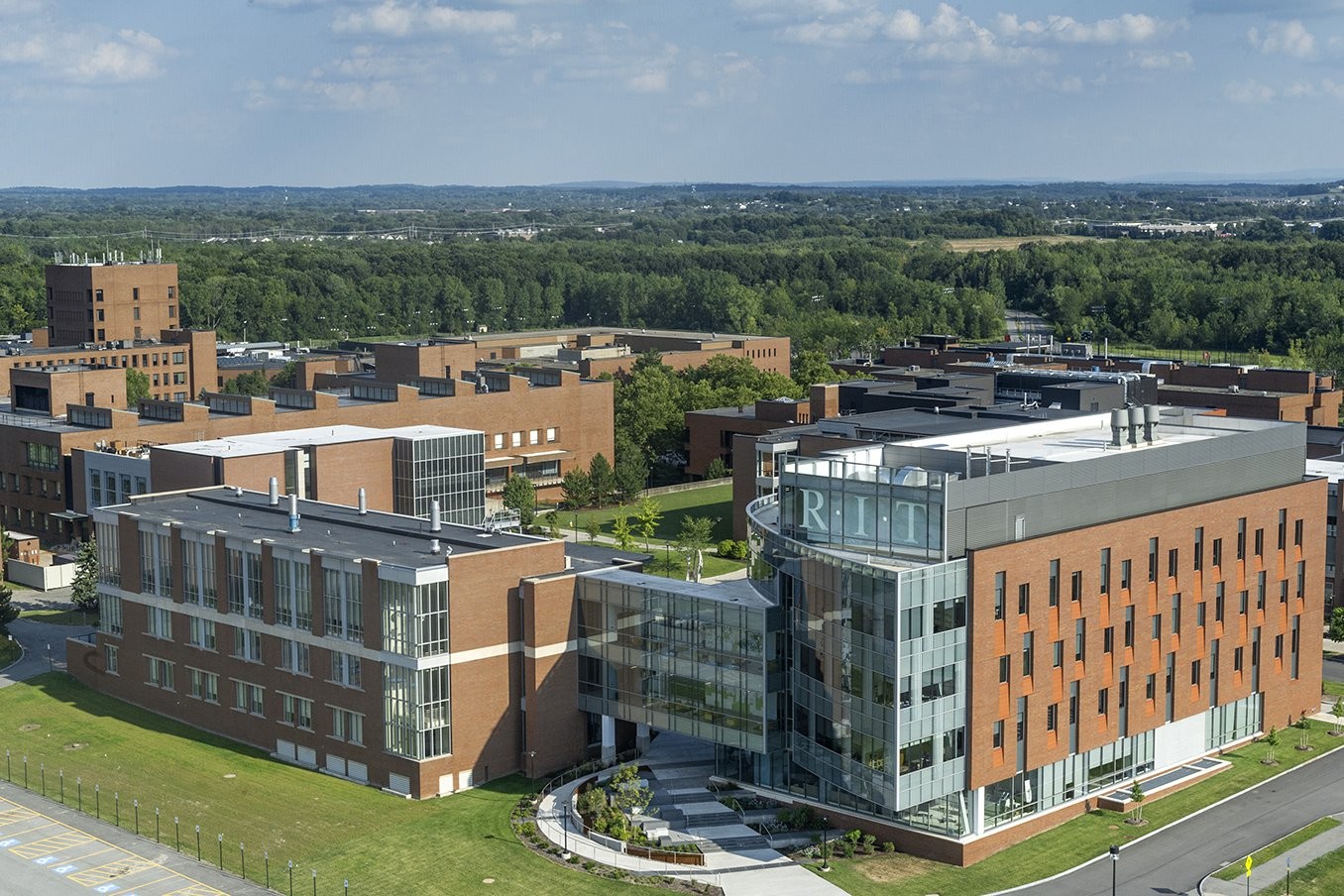Software development is an ever-evolving field that has become an essential part of modern-day life. From the apps on our smartphones to the software that powers large corporations, software development has transformed the way we live and work. And as technology continues to advance at a breakneck pace, the future of software development is poised to have a significant impact on the global economy.
In this blog, we will take a deep dive into the future of software development and explore how it will shape the global economy. We will examine the latest trends in software development, such as artificial intelligence and the Internet of Things, and how they are changing the industry. We will also analyze the impact of software development on various industries and markets, and discuss how countries are investing in software development to improve their economies and compete on a global level.
But it’s not just about the business side of things. We’ll also explore the changing nature of work in software development, including the rise of remote work and the importance of soft skills. We’ll delve into the topic of software development and sustainability, and examine how developers can contribute to a more sustainable future. By the end of this blog, you’ll have a better understanding of the importance of software development and how it will continue to shape the world around us. So, let’s dive in!
Software Development Trends
Software development is a dynamic industry that is constantly evolving, and it’s important for developers to keep up with the latest trends to stay ahead of the game. Some of the current and emerging trends in software development include artificial intelligence, machine learning, and the Internet of Things (IoT). These technologies are transforming the way we interact with software and the world around us, and they are shaping the future of software development in profound ways.
For example, artificial intelligence is making it possible for software to learn and adapt to user behavior, making it more personalized and efficient. Machine learning is enabling developers to create predictive models that can automate processes and improve accuracy. The Internet of Things is connecting everyday devices to the internet, making it possible to collect data and automate tasks on a massive scale. As these trends continue to evolve, they will shape the future of software development and enable developers to create more innovative and powerful applications.
Impact of Software Development on the Global Economy
Software development has become an essential part of the global economy, driving innovation and economic growth in various industries and markets. From healthcare to finance to transportation, software is transforming the way we do business and the way we live our lives.
For example, software is enabling healthcare professionals to develop new treatments and improve patient care through personalized medicine. In finance, software is driving the growth of fintech startups and enabling individuals to access financial services more easily. In transportation, software is being used to develop self-driving cars, which could revolutionize the industry and reduce accidents.
As software development continues to evolve, it will play an increasingly important role in shaping the global economy. It will drive innovation, create new jobs, and contribute to economic growth and prosperity for years to come.
Changing Nature of Work in Software Development
The nature of work in software development is rapidly changing, with the rise of remote work, agile methodologies, and the increasing importance of soft skills. Remote work has become more prevalent in recent years, thanks to advances in technology and the need for greater flexibility. Agile methodologies have also gained popularity, enabling developers to work more efficiently and collaboratively. Additionally, soft skills such as communication, leadership, and problem-solving are becoming increasingly important in the industry.
These changes are having a significant impact on the industry and the workforce. Remote work is enabling companies to access a global pool of talent, while agile methodologies are improving productivity and collaboration. The emphasis on soft skills is also helping to create more well-rounded developers who can work effectively in teams and communicate with stakeholders. As the industry continues to evolve, these changes will play an important role in shaping the future of work in software development.
Software Development and International Competition
Software development has become a global industry, with companies and developers from all over the world competing for market share. International competition is becoming increasingly fierce, with countries investing in software development to improve their economies and compete on a global level. For example, China is investing heavily in artificial intelligence and other emerging technologies, with the goal of becoming a global leader in software development.
Countries are also creating favorable environments for software development, offering tax breaks and other incentives to attract investment and talent. The result is a highly competitive landscape in which innovation is essential for success. As a result, software developers are pushing the boundaries of what is possible, creating new technologies and applications that are transforming the way we live and work. As the industry continues to evolve, international competition will play an increasingly important role in shaping the future of software development.
Software Development and Sustainability
Software development has a significant impact on the environment, and it’s essential that the industry takes steps to reduce its carbon footprint and adopt more sustainable practices. The energy consumption of data centers and computing infrastructure has been identified as a significant contributor to greenhouse gas emissions. In response, many companies are adopting more sustainable software development practices, such as using renewable energy sources and optimizing code to reduce energy consumption.
Software developers can also contribute to a more sustainable future by creating applications that promote environmental sustainability, such as energy-efficient building management systems or transportation planning tools that reduce carbon emissions. Additionally, developers can use tools and technologies that prioritize sustainability, such as low-power hardware and eco-friendly programming languages. By adopting sustainable software development practices, developers can help reduce their impact on the environment and create a more sustainable future for all.
Conclusion
In conclusion, software development is a critical driver of innovation, economic growth, and sustainability. We have seen how emerging trends like AI, machine learning, and the IoT are shaping the future of software development and how it is changing the nature of work in the industry. The global economy is heavily influenced by software development, with countries investing heavily in the industry to remain competitive in the international market.
While the impact of software development on the environment cannot be ignored, the industry is adopting more sustainable practices to reduce its carbon footprint. Software developers are also creating applications and tools that promote environmental sustainability, further emphasizing the positive impact that software development can have on society.
As software development continues to evolve, it will play an increasingly important role in shaping the future of the global economy. The industry will continue to push the boundaries of what is possible, creating new technologies and applications that transform the way we live and work. The potential impact of software development on the world is vast, and it’s important for developers and businesses to recognize the role they play in shaping the future.




